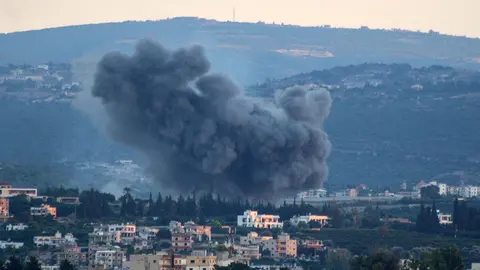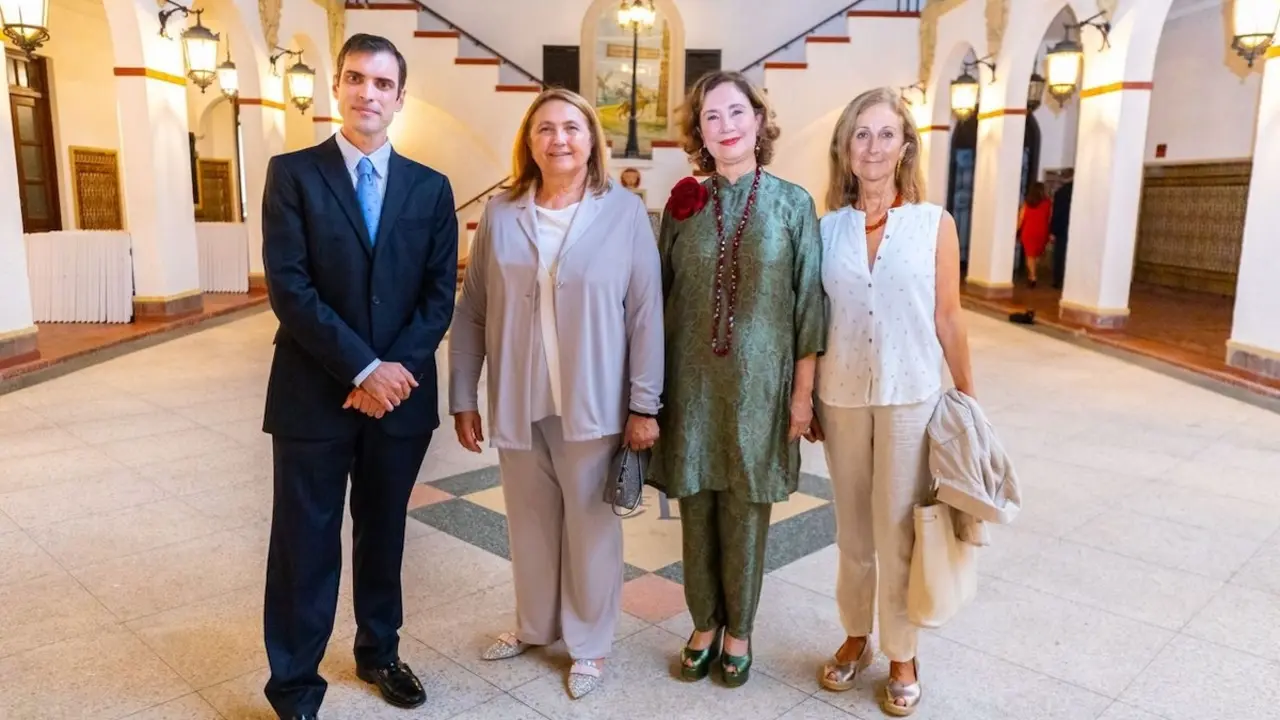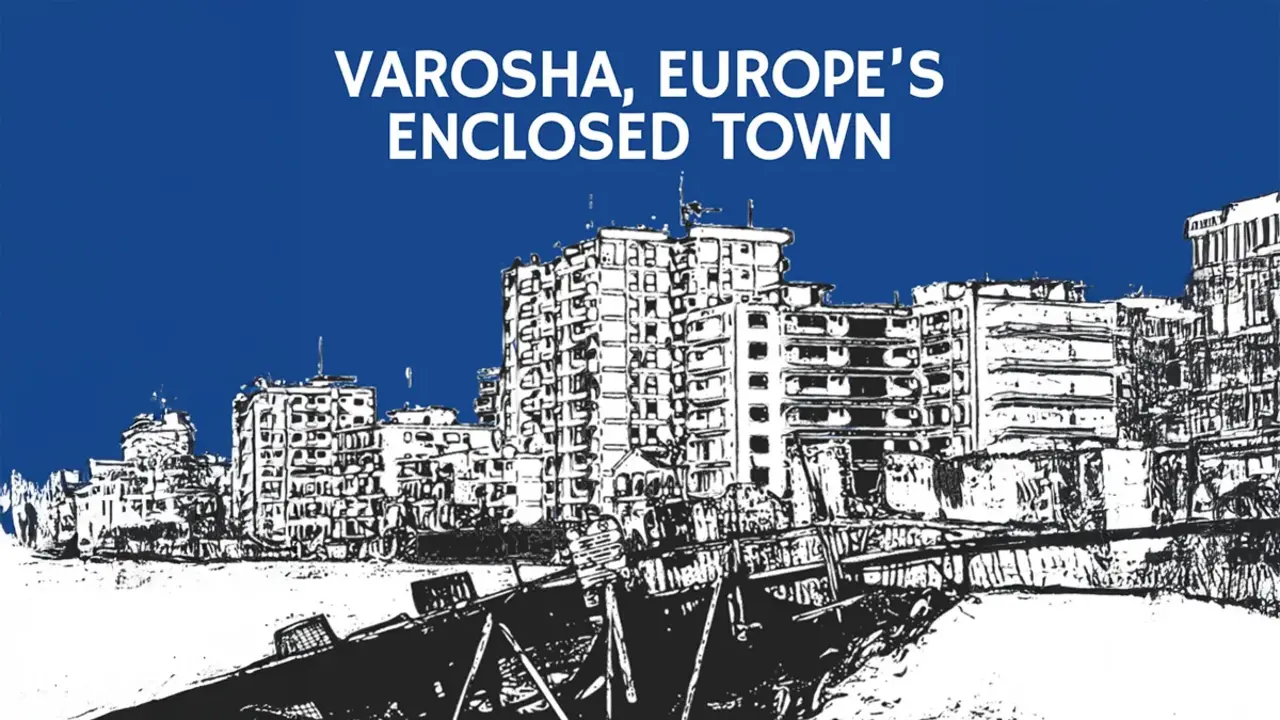The Loneliness of Israel

The loneliness of Israel, that's the storyline and the direct message that the French philosopher Bernard-Henri Lévy uses to analyse the current geopolitical situation of Israel after the bloody Hamas attacks on its territory on 7 October 2023.
In his latest essay, entitled ‘The Loneliness of Israel’, Bernard-Henri Lévy analyses how Israel has been left alone after the Hamas attacks that left some 1,200 dead and 250 people kidnapped at the hands of the Palestinian armed group.
These attacks provoked Israel's harsh reaction and the start of the Gaza war, which has already claimed tens of thousands of lives in just over a year.
The book has been very well received in France and the United States and has arrived in Spain through the publishing house La Esfera de los Libros. It is a call for Israel's survival in the face of the isolation it is currently suffering, reclaiming the historical importance of the Israeli state and its relevance as a bastion of democracy in the Middle East in the face of all kinds of totalitarianism and Islamist and anti-Semitic extremist currents.

What happened on 7 October 2023 in Israel? A shock to the Jewish soul? A pogrom unprecedented since the Shoah? A jolt to the universal conscience? A further step in the global war against democracies? What connection does it have with the invasion of Ukraine? What significance should we attach to the alliance around the terrorists of Hamas, Iran, Turkey, imperialist Russia, China and Sunni Islam? Is the response of the Israeli Defence Forces ‘proportionate’? Is Israel's loneliness irremediable? A year after the Hamas attacks on Israeli territory, Bernard-Henri Lévy answers these questions and more in ‘The Loneliness of Israel’.
Bernard-Henri Lévi denounces the return of the great historical enemies of the Jewish community and of Israel, such as Iran, Turkey, Russia, China and radical Sunni Islamism, which over the centuries and for various reasons have opposed the Jewish sphere to a greater or lesser extent and harassed Israel.
The French philosopher criticises the lack of political support for Israel today despite having been hit hard by the bloodiest Islamist terrorism. This compares to the global diplomatic support that there was, for example, for the United States with its invasion of Afghanistan in pursuit of Osama bin Laden after the bloody attacks of 9/11.
According to the author, this anti-Israeli trend has to do with the social and historical hatred against Jews that exists in many layers of society. A persecution against Jews that has been recurrent in many stages of history and still continues.
An opposing current that has even questioned the severity of the Hamas attacks against Israel on 7 October, relativising the facts and downplaying the level of seriousness, something the author denounces.
The French intellectual of Sephardic origin has written an essay of anger and combat fuelled by half a century of love. For him, after the events of 7 October 2023, the Jews' right to exist is at stake, but also the enlightened principles that shape the inalienable Western values.

My desire to write a book about Israel was not new,’ explained the author, ’it goes back many years. I had probably never done it until now because I felt that circumstances were not pressing, but the magnitude of 7 October changed everything. It gave me a powerful impetus to finally write a book about Israel. I felt an urgent need to do so, to pay tribute to the victims and to fight the often deliberate ignorance about Israel and Zionism.
Israel is a recurring theme for Lévy, whose fight against fascism, communism and racism of all kinds, as well as his support for the conflicts that marked the end of the 20th century - Afghanistan, Yugoslavia, the Gulf War, Rwanda, etc. - have made him a controversial figure, accused of being a ‘media intellectual’ by his detractors and valued by his defenders for his moral commitment to freedom.
Bernard-Henri Lévy begins ‘The Loneliness of Israel’ with this statement: ‘Never, since the Shoah, have we seen Jews massacred like this, at point-blank range, simply for being Jews. One had to be careful and, in my case, I had to silence in my head a whole parade of memories and images. Any resemblance to an earlier situation meant nothing because this was a totally special situation. It was the day after 7 October. At that time, my mind was on the war in Ukraine. For almost two years it had been occupying all my time, invading all my thoughts and mobilising all my energy. But at that moment, with a cold heart, I realised that an event had just taken place that would lead to a conflict, a confrontation and a shock wave unlike anything I had ever known and that would change the course of our lives. All events are not events. Not all have the historical power to establish an era, to be what the German philosopher Reiner Schürmann calls an ‘event’. The pogrom of 7 October 2023 was one of them. Here's why’.
An invitation to read a highly engaging essay that sheds light on Israel's current situation and the historical components surrounding a nation shrouded in controversy and affected by the historical persecution of Jews.










